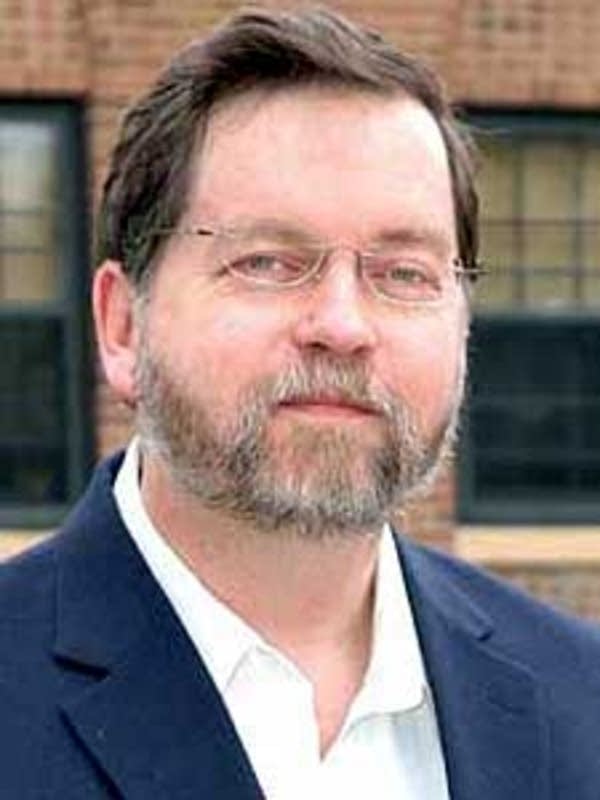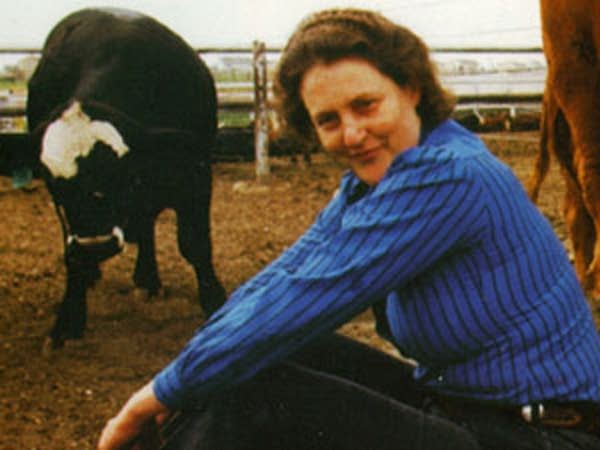
Create a Free MPR
news profile
for you

Sign up
Already have an account?
By submitting, you consent that you are at least 18 years of age and to receive information about MPR's or APMG entities' programs and offerings. The personally identifying information you provide will not be sold, shared, or used for purposes other than to communicate with you about MPR, APMG entities, and its sponsors. You may opt-out at any time clicking the unsubscribe link at the bottom of any email communication. View our Privacy Policy.

Welcome back
to news for you

Sign in to your profile
New to MPR News?

Welcome back
to news
for you

Reset Password
Still require assistance or not sure what your User Name is?

Welcome back
to news
for you

Email Verification
A verification code has been emailed to
Still awaiting the code?










